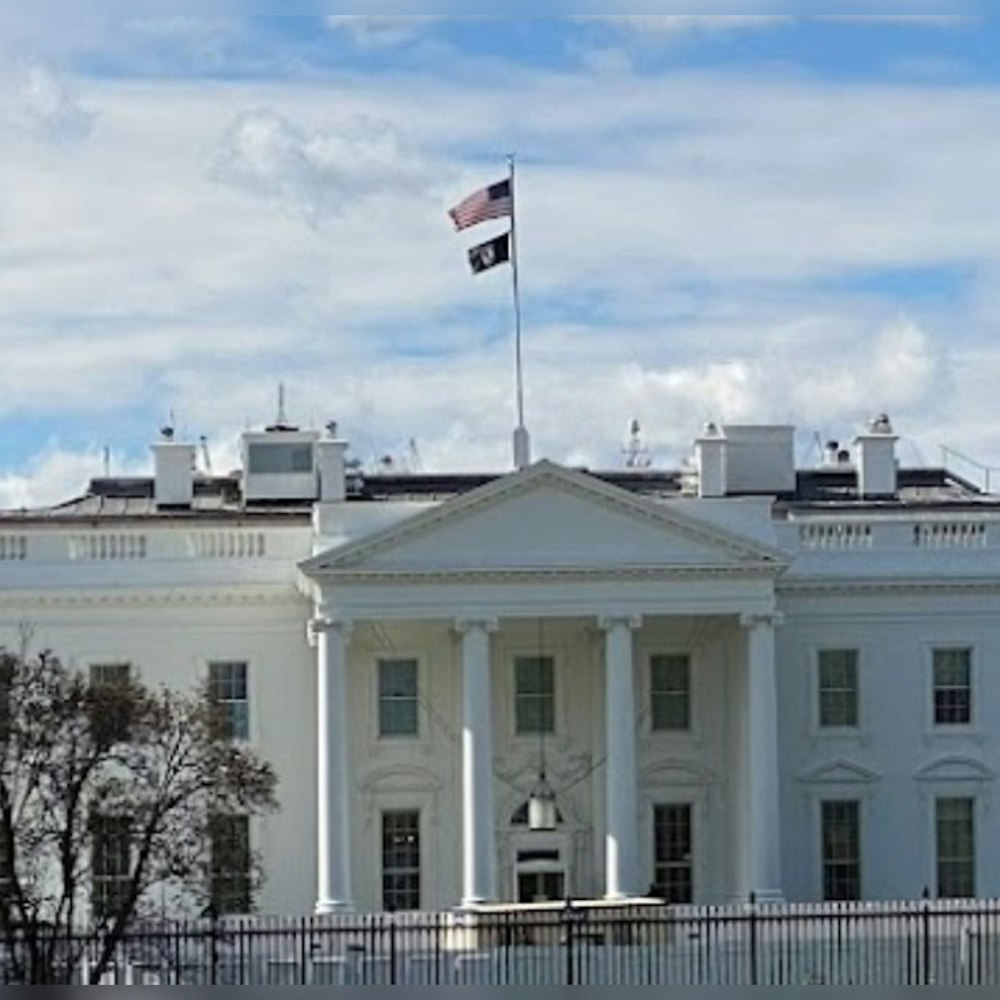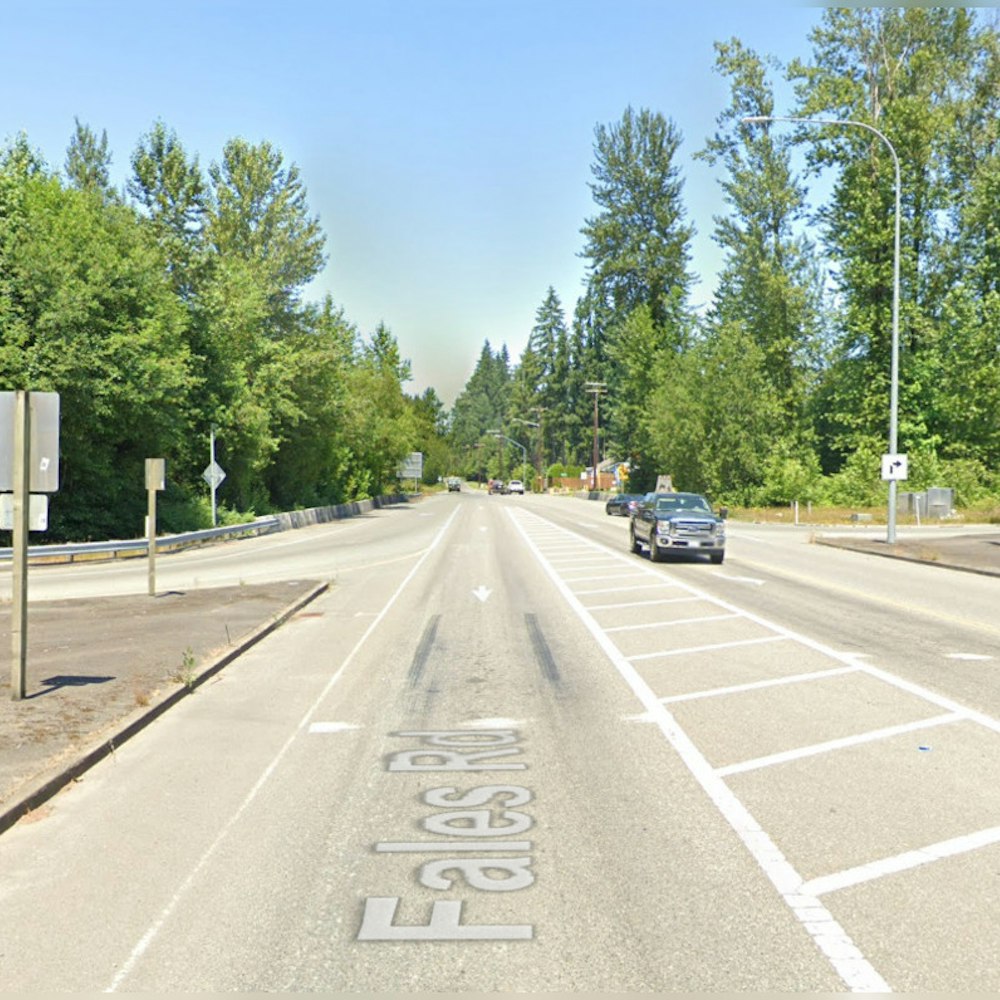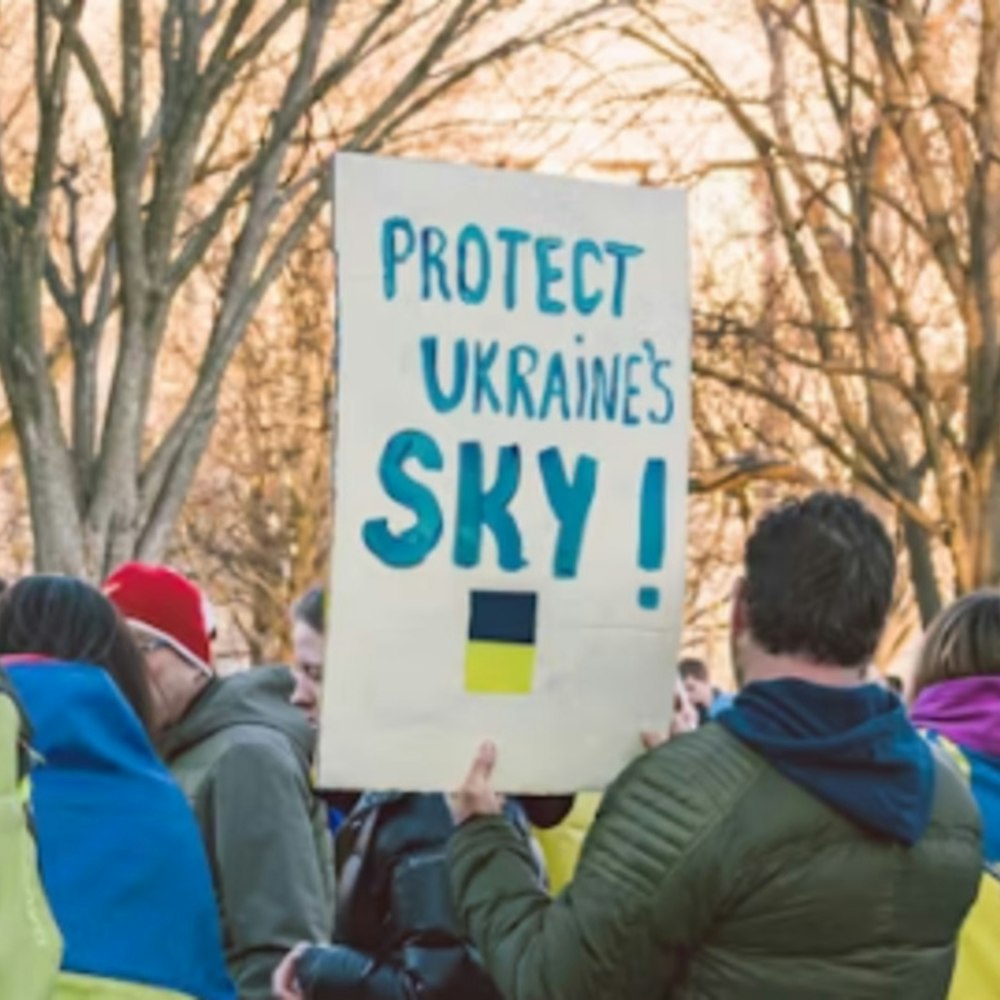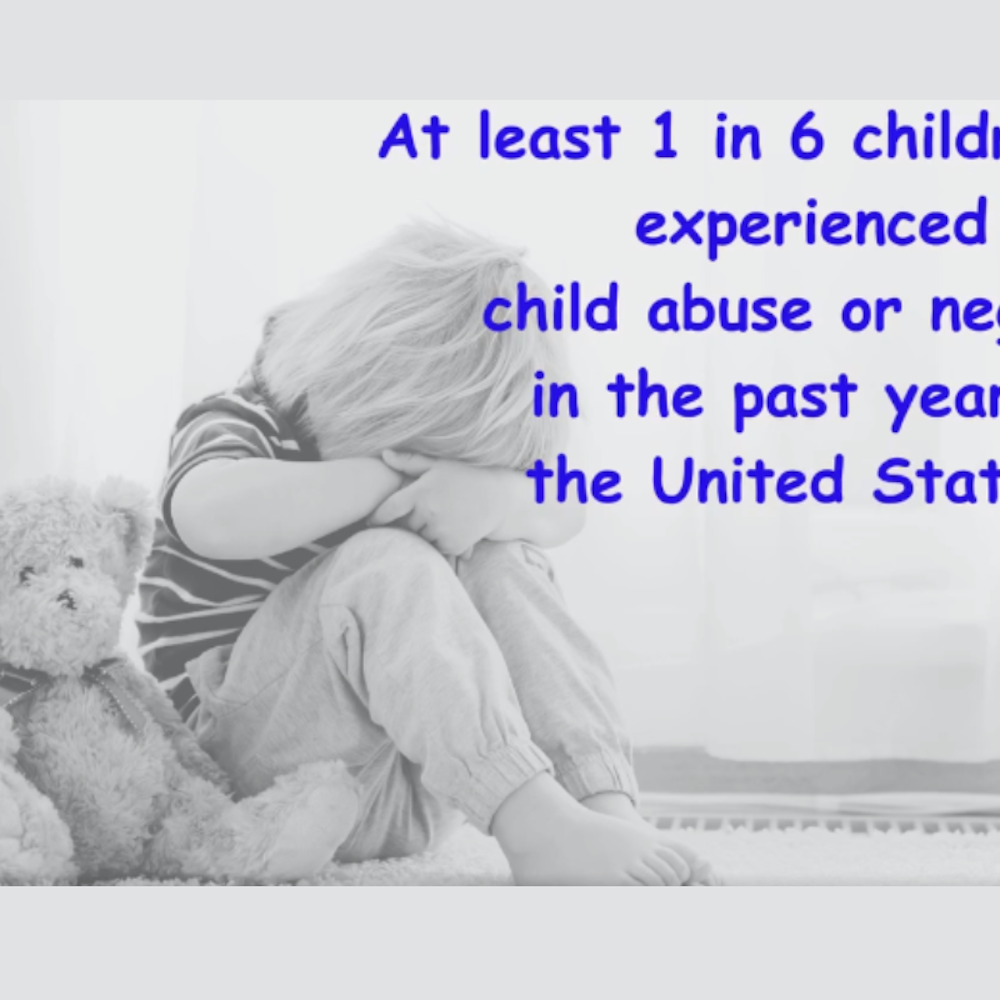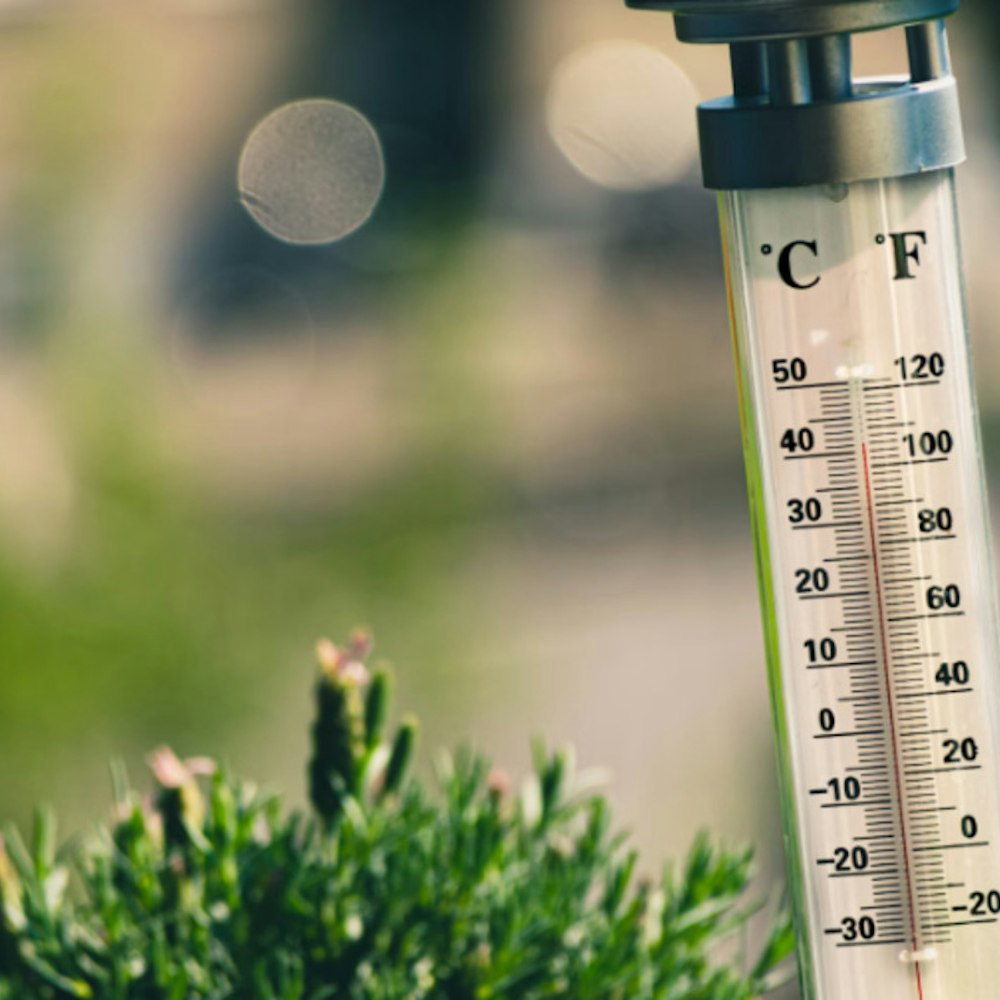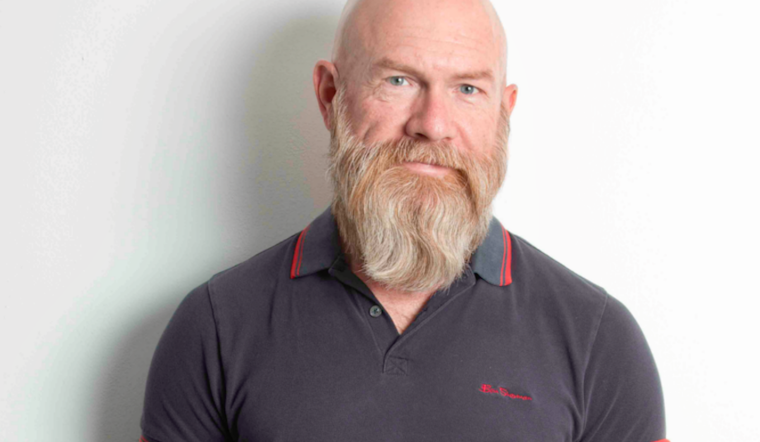
San Francisco has one of the largest populations of people living with HIV in the United States. The SF AIDS Foundation estimates that 15,990 people in the city are HIV-positive, and that more than two-thirds of them are over 50.
That population is now at unique risk from COVID-19, which is more likely to be deadly in older people and those who are immunocompromised.
“It’s about living in uncertainty,” said Tez Anderson, a 60-year-old San Francisco resident who contracted HIV in the 1980s. “I’ve lived with one foot in the grave and one foot in the living for a very long time."
Hoodline spoke to a number of HIV-positive people in the past week. While most do not feel the situation is dire, several shared concerns about their ability to access medication and treatment in the months ahead.
Meanwhile, aid organizations emphasized that they're here to help those who have lost jobs or income, even as they face their own uncertainty with the cancellation of upcoming fundraising events.
Anderson is the president of Let’s Kick Ass — AIDS Survivor Syndrome, a nonprofit that aims to empower long-term survivors of HIV. He notes that many of his peers have lived with HIV since it was first discovered, and at their age, they have other health complications that could be affected by potential drug shortages from Chinese manufacturers.
“From my cohort, we also have to think about all the other pills, like ones we have to take for high blood pressure,” Anderson said. “There are a handful of pills that don’t have to do with HIV, and just with being old.”
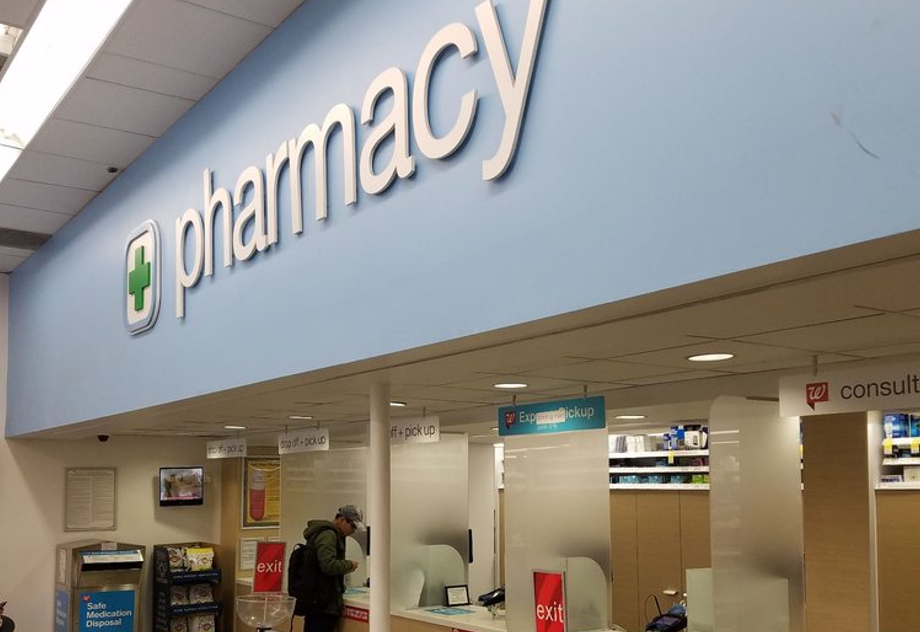
Kyle Giesler is a 30-year-old scientist who works in drug discovery for Aduro Biotech, and is also HIV-positive. Right now, his work is on autoimmune illnesses, but he has a background in HIV drug development, having focused his Ph.D. studies on the drug Tenofovir.
He voiced similar concerns to Anderson’s about drug production in China, but said that he’s “trying to not think about it.”
Giesler noted HIV-positive people are “shackled” to their medications every day, and that the virus begins to reconstitute itself once someone has gone two weeks without their treatment.
“I haven’t had an experience quite yet of having a medication shortage,” he said. “That is a huge plus.”
"[But] it is a legitimate concern with these contract research organizations over in China: is their pipeline going to slow down? Is there going to be a shortage? I don’t think that’s known right now.”
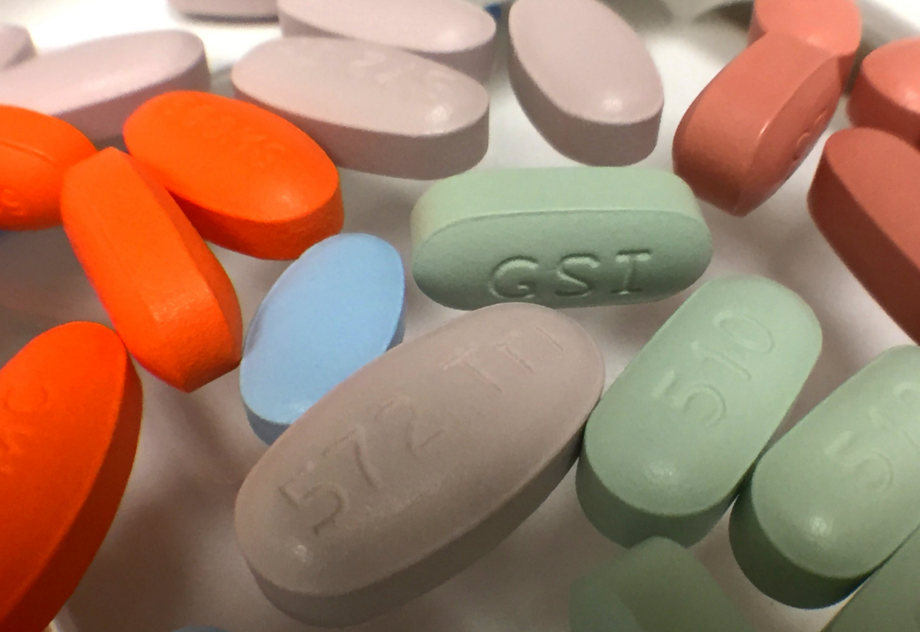
Andrew Hattori, senior marketing director for the SF AIDS Foundation, said the first priority for HIV-positive people is to reduce exposure risk to COVID-19 by practicing social distancing.
To discourage non-essential in-person visits, the foundation has closed its 1035 Market St. location and temporarily discontinuing its mobile testing unit. Hours have changed at its 470 Castro St. location.
“While we are concerned that a reduction of services at this time will have an effect, we are more concerned about people keeping themselves safe during this time," Hattori said. "So we have to prioritize that right now."
The foundation continues to provide clinical care for people with potential HIV exposure or STI symptoms through its Magnet service. Walk-in patients are no longer accepted, but appointments can still be made.
For new and existing HIV-positive patients, benefits counselors will continue to help navigate insurance needs. They can be reached by calling (415) 437-3450 and selecting option 2.
Virtual consultations for treatment counseling, medical case management and housing case management are also available by phone or video chat.
As for the months ahead, "we don’t know what the long-term effects of the coronavirus will be,” Hattori said. “The community has always found a way to support us, and we need that support now more than ever.”
District 8 Supervisor Rafael Mandelman, who represents the Castro, said that the recent cancellations of charity events like AIDS/LifeCycle are a “cause for concern” when it comes to financial support for vital HIV services.
“We just don’t know what the universe is going to look like in three months," Mandelman said. "But it’s pretty clear that the economic challenges are going to be significant."
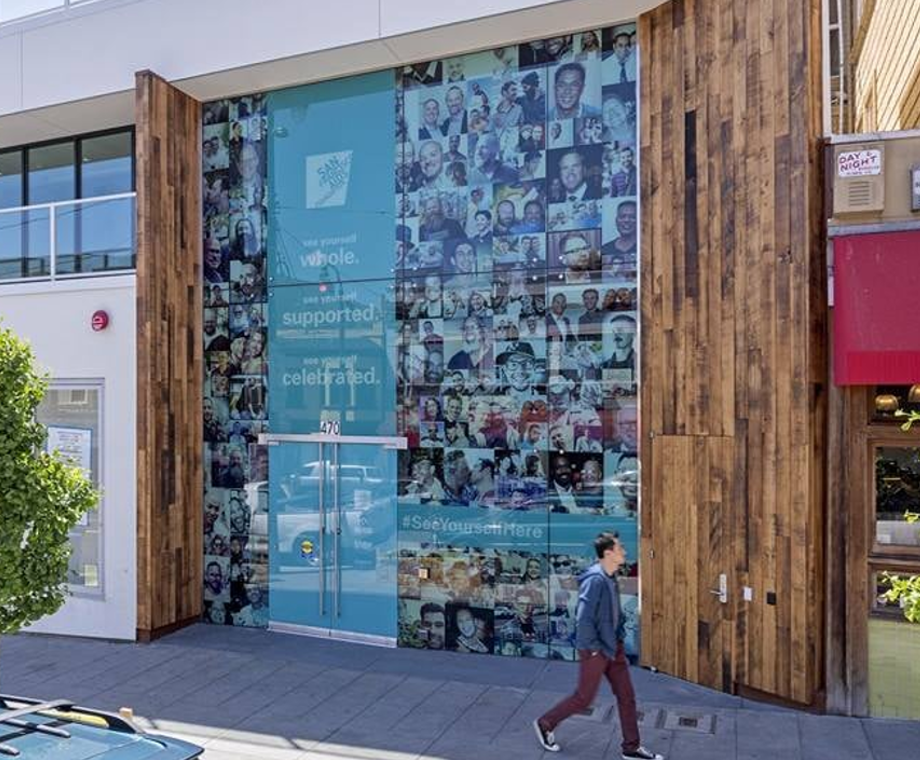
Mandelman noted — as did Giesler — that “you can be HIV-positive and not have a compromised immune system.” And indeed, not every HIV-positive person considers service access their first concern right now.
Many are worried about job loss, which could sever access to insurance and push them into the public system, at the exact moment when in-person consultations and services are becoming more limited.
“Once the insurance goes, the safety net goes," said Giesler, the Berkeley scientist. "That’s where the biggest fear lies."
“Medications are the least of my worries," agreed Eric Burkett, a 53-year-old man living with HIV in San Francisco. “My industry as a chef has been decimated, so that’s more on the front burner for me.”
Burkett gets his medication through the federal AIDS Drug Assistance Program (ADAP), and sees an HIV specialist in private practice.
“I’m following the basic protocols and remaining four or five feet away from people,” he said. “Honestly, my T-cells are good, my viral load is undetectable, and I’m reasonably healthy.”
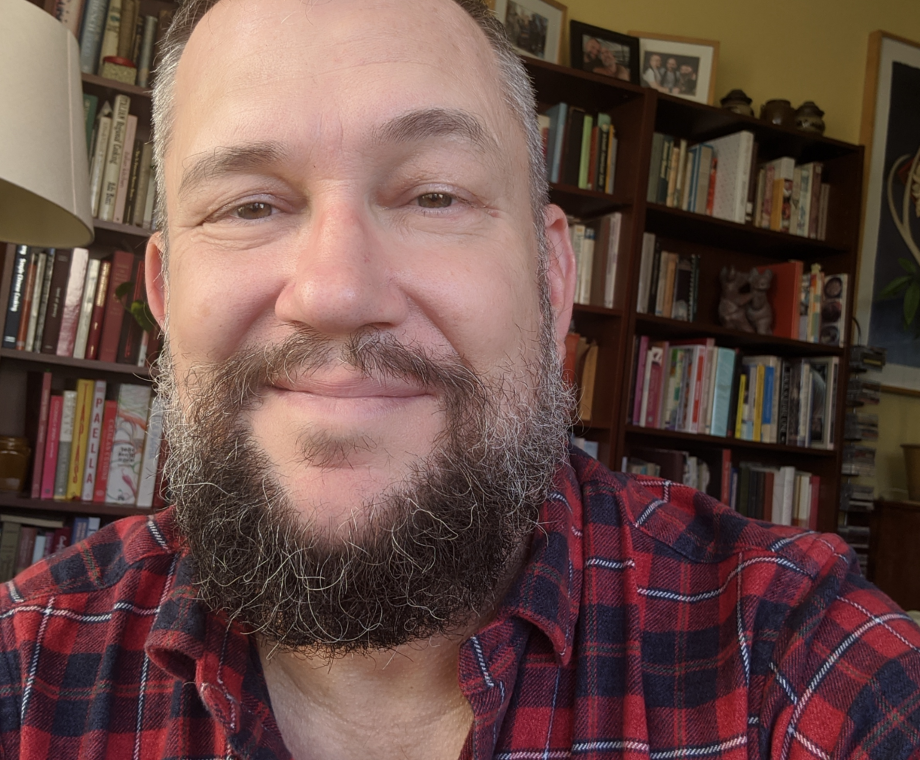
A bigger concern may be the spread of the virus to HIV-negative people, who may not be able to afford HIV-prevention medications like PrEP and PEP. The Food and Drug Administration approved the treatment in 2012, but since it's still in its trial phases, accessing the pills at a reasonable price is tricky.
San Francisco resident Gabriel Colaluca said he's had to discontinue his PrEP treatment, after his work as a stagehand and in technical production dried up. (Thousands of San Franciscans in the event industry have lost work as a result of the COVID-19 crisis.)
“Three weeks ago, the event world just stopped," Colaluca said. "No work means I stay home and do not spend money."
Colaluca, who is diabetic, said he had to make a financial judgment call about which meds were truly necessary, and which he could go without.
“The cost of [PrEP and PEP] are expensive, even with health insurance,” he said. "They told me without insurance, it would cost me $1,500 through Kaiser per month, which is crazy. Can you imagine if you didn’t have this insurance, but had to have this drug to live?”
The SF AIDS Foundation emphasized that those who cannot afford PrEP or PEP, or any other form of HIV prevention or treatment, should reach out immediately for assistance.
“I think it’s really important for people to understand that — for people who don’t have insurance — you can get insurance, and you [also] can continue your HIV treatment or PrEP,” Hattori said.
Here's how to access HIV treatment and prevention services in San Francisco right now:
For PrEP and PEP—
- Visit the SF AIDS Foundation PrEP and PEP page; visit Health Right 360's PrEP page
- Call the SF AIDS Foundation for benefits guidance at (415) 437-3450; call Health Right 360's PrEP coordinator Todd Watkins at (415) 814-9993
- Email the SF AIDS Foundation PrEP and PEP teams at [email protected]; Email Health Right 360's PrEP coordinator at [email protected]
- Gilead — creator of PrEP drug Truvada — has a payment assistance program
- Visit San Francisco City Clinic's PrEP page
- Call San Francisco City Clinic at (415) 487-5537
For HIV/AIDS medications—
- Learn more about signing up for ADAP
- Learn more about signing up for Medi-Cal, and especially emergency provider enrollment
- Learn more about signing up for Covered California, and visit their HIV/AIDS page for more details on those insurance plans
- Ask for benefits assistance through UCSF 360 by calling (415) 353-2119
- Call the SF AIDS Foundation at (415) 437-3450 and select option 2 for benefits assistance
- Call Ward 86 at (628) 206-2400
Service changes at UCSF 360 at 350 Parnassus St.—
- Service hours remain 8 a.m. to 5 p.m., but patients are encouraged to make phone or video appointments. The clinic plans to re-assess that recommendation in mid-April.
Service changes at Strut at 470 Castro St.—
- Limited services available at Magnet clinic: Tuesday through Saturday, 10 a.m. - 4 p.m. Appointments must be made; no walk-ins accepted.
- SF AIDS Foundation office at 1035 Market St. is closed.
- All volunteer shifts and events are canceled.
- Strut's mobile testing unit is not operating.
- Other foundation services continue online, with virtual consultations for treatment counseling, medical case management and housing case management all available by phone or video chat.
- Many behavioral health and substance services remain active in limited capacities. To learn more, visit the SF AIDS Foundation's COVID-19 page.
Service changes at Ward 86 at 995 Portrero Ave.—
- Service hours remain 8 a.m. - 5 p.m., Monday through Friday
- Existing patients are encouraged to access their medical information and services through MyChart.
